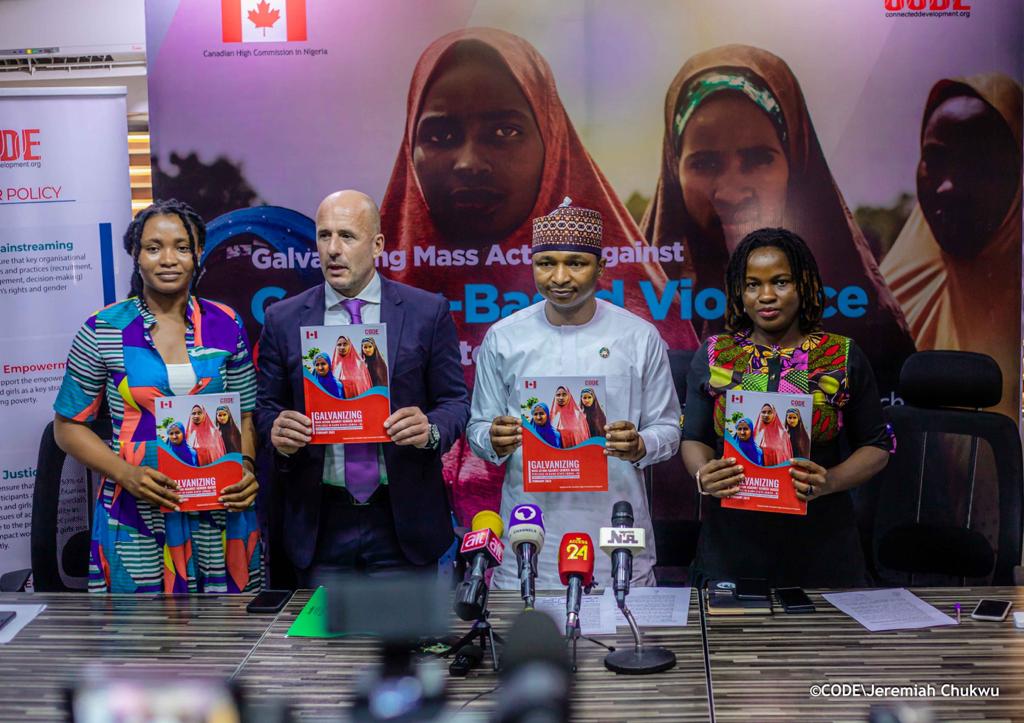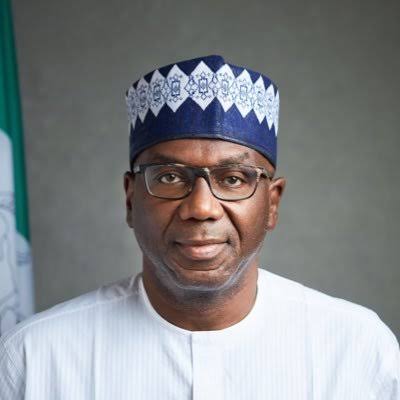By Dare Akogun
Canadian High Commissioner to Nigeria, James Christoff, on Wednesday, said Nigeria is facing a serious Sexual and Gender-Based Violence (SGBV) crisis that had been normalised in the country.
Christoff stated this in Abuja during the presentation of the key findings of the second phase of the Galvanizing Mass Action Against Gender Based-Violence in Kano state (GMAA-K) project implemented by a Civil Society Organisation, Connected Development (CODE).
The event was also held in commemoration of this year’s International Women’s Day (IWF)
According to the envoy, the IWF is a reminder that all women, from all ages and walks of life, have a place in every aspect of society, including economic, social and democratic spheres.
He stated: “Today, we celebrate the achievements of all women and girls who are building a fairer, stronger, and more inclusive future.
“But we also cannot forget that there is more work to be done. In Nigeria, this is particularly important. As we all know, Nigeria is facing an SGBV crisis.
“At home, in schools, on the streets, at work, on the internet, in and between conflict zones and Internally Displaced Persons (IDP) camps, SGBV has become normalized and most often goes unpunished, sometimes blaming survivors.
Christoff said though men and boys are also among the survivors, certain groups, such as women with disabilities, are at even greater risk to experience gender-based violence, adding that the scale of this issue is tremendous.
“Under the Canada Fund for Local Initiatives, we have been working with CODE for over two years to galvanize action against gender-based n Kano State. This has included efforts to empower gender advocates and work with media to support systematic sensitization on GBV with the public while conducting advocacy on the Violence Against Persons (Prohibition) Act.”, the envoy added.
Speaking, Chief Executive Officer of CODE, Hamzat Lawal, recalled that Nigeria ranks 123 out of 146 countries on the World Gender Gap Gender Equality Index of 2022.
He disclosed that SGBV is widespread in Nigeria, with 30 per cent of women aged 15-49 reporting experiences of sexual abuse, adding that 43 per cent of girls are married off before age 18, and 17 per cent are married off before they turn 15.
He said for the GMAA-K project, CODE trained over 30 Gender Advocates who further trained community members and community leaders within 3 communities in Kano state.
He expressed concern that policies such as this that ought to protect women and children in society are given a back seat in our society, in Kano state.
In his recommendations, Lawal called on the Kano government to focus exclusively on the VAPP/Penal Code amendment and CP bills at the Kano State House of Assembly.
As the present Assembly leaves in May 2023, Lawal said the future project should concentrate on securing high-level commitments from the new governor of Kano state and the incoming first lady, including leveraging them to resuscitate the VAPP (harmonized with the Penal Code) and CPB processes at the state assembly.
“Ultimately, the bill needs to be passed by the Assembly and signed into law. Both laws are important to any holistic intervention to address GBV in Kano state. No major progress can be made in this fight if there aren’t laws in place that prohibit violence against persons, women and girls; and enhance gender equality, access to justice and socio-economic empowerment of victims/survivors, and creation of sexual offenders register.
“The state government needs to adopt and implement CODE’s GMAA-K Action Plan to End GBV in Kano state, through policy and legal frameworks and allocate specific budgetary amounts to line activities from line ministries”, he added.





